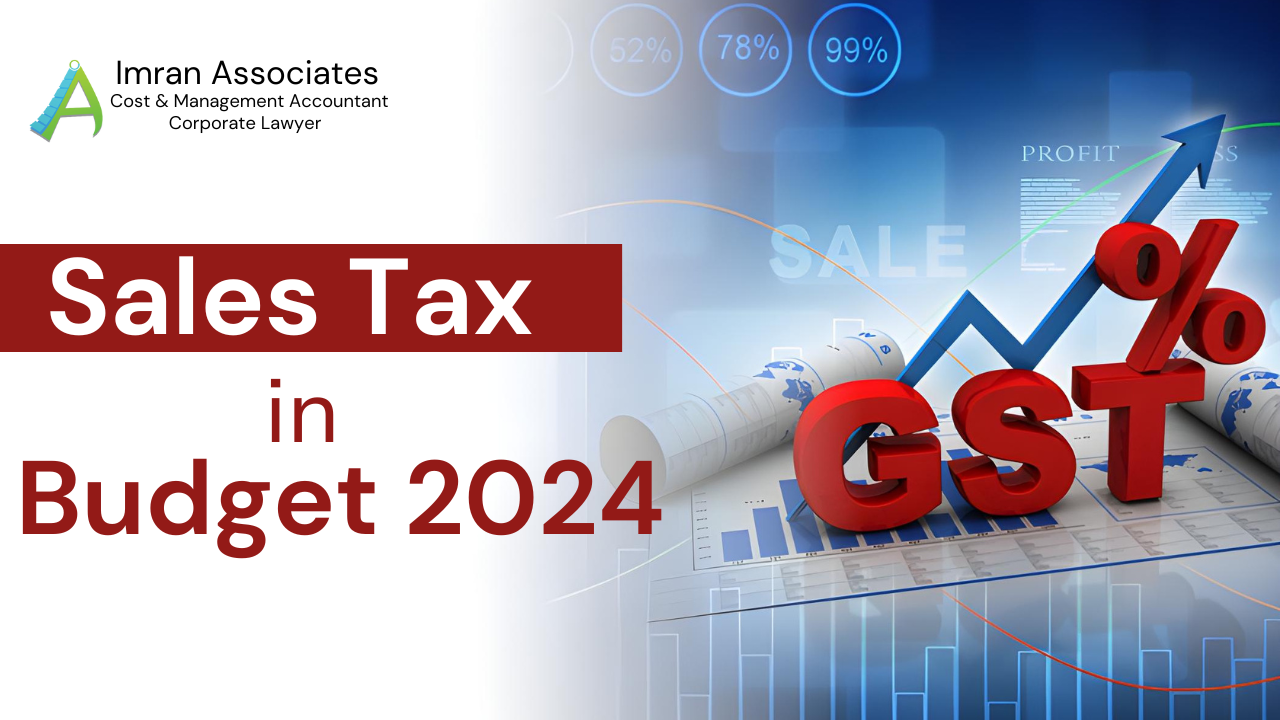The 2024 budget has introduced significant changes to sales tax regulations, which are crucial for businesses and taxpayers to understand. These amendments are aimed at addressing tax fraud and enhancing compliance. This article will explore the critical changes in Pakistan sales tax law, their implications, and how businesses can navigate these new regulations effectively.
Overview of Pakistan Sales Tax Changes in Budget 2024
This year’s budget includes a series of amendments that merge income tax and sales tax regulations. Various terms have been updated, and the board’s powers have been expanded. One of the most notable changes is the increased focus on tax fraud, which has led to a more stringent enforcement framework.
- Definitions updated for clarity
- Board’s powers expanded
- Increased penalties for tax fraud
- Revamped Sections 11 and 25
Key Sections Affected
Two critical sections have undergone significant revisions: Section 11 and Section 25. These changes aim to broaden the scope of tax investigations and audits, which will affect businesses’ operations.
Section 11: Tax Fraud Definition:
The definition of tax fraud has been expanded significantly. This section now includes a broader range of activities that can be classified as tax fraud, such as:
- False record fabrication
- Record tampering
- Non-payment of taxes
Despite these additions, the Finance Act states this is a partial definition. This implies that more activities could fall under the umbrella of tax fraud.
Section 25: Audit Scope:
Similarly, Section 25 has seen its audit scope expanded. The aim is to ensure that all businesses comply with the new regulations. This section now includes various new provisions that hold companies accountable for their tax practices.

Impact on Businesses
With these changes, businesses must be more vigilant than ever. The new regulations mean that ensuring compliance extends beyond just filing taxes. Companies must now scrutinize their suppliers and the products they purchase.
Supplier Responsibility:
Businesses must verify that their suppliers are registered and compliant with tax regulations. This includes checking:
- Supplier’s registration status
- Correct HS codes for products
- Documentation of goods
Purchasing from non-compliant suppliers can result in joint liability for tax fraud, where both the buyer and seller are held accountable.
Preventative Measures Against Tax Fraud
Businesses should adopt several preventative measures to mitigate the risk of falling into the tax fraud category. These measures are crucial for maintaining compliance and avoiding severe penalties.
Recommendations for Businesses:
Here are some actionable strategies businesses can implement:
- Conduct thorough supplier audits
- Request documentation for all purchases
- Monitor the history of suppliers
- Avoid cash payments where possible
- Ensure proper documentation for tax claims
By following these recommendations, businesses can safeguard against potential tax fraud allegations.
The Importance of Documentation
Proper documentation is critical in the new sales tax landscape. Businesses must maintain accurate records of all transactions and ensure their suppliers provide the necessary documentation.
Types of Documentation to Maintain: Here are some key documents to keep track of:
- Invoices from suppliers
- Goods movement evidence
- Tax registration certificates
- HS code declarations
Failure to present proper documentation can lead to severe consequences, including being classified as engaging in tax fraud.
Conclusion
The changes in sales tax law introduced in the 2024 budget represent a significant shift in how businesses must operate. Companies need to adapt quickly with an increased emphasis on compliance and a broader definition of tax fraud.
Businesses can navigate these challenges effectively by understanding the new regulations, maintaining thorough documentation, and ensuring supplier compliance. Being proactive will protect against penalties and foster a more transparent and compliant business environment.

